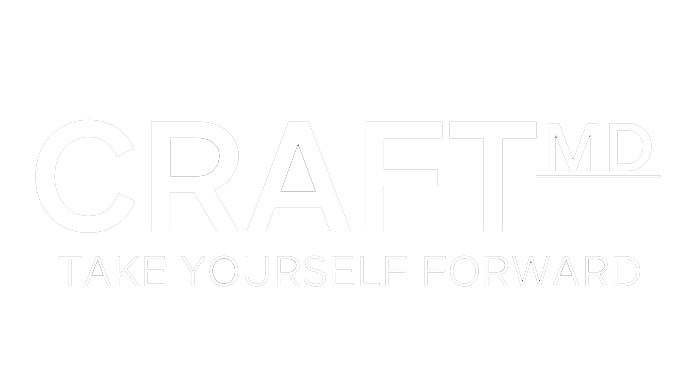When considering a surgical procedure, the most important decision you’ll make is often the choice of the right plastic surgeon. Surgical procedures are complex, and the slightest errors can leave you with unwanted aesthetic results or complications. Patients often have to get another round of treatment to reverse the damage caused by a botched cosmetic surgery. That’s why procedures such as revision rhinoplasty are so commonplace. This article aims to help you make an informed decision about your plastic surgeon so as to ensure you’re in the right hands.
1. Board certification is important — but only from the right board
Most patients realize they should find a board-certified surgeon for their procedure, but they fail to distinguish between one certification and another. Sure, you should find a board-certified specialist, but the certification must be from the right board. The American Society of Plastic Surgeons recently published a study highlighting how patients can’t differentiate between the American Board of Plastic Surgery and the American Board of Cosmetic Surgery—the latter, ABCS, requires far less training for certification, making it a relatively ineffective determinant of the surgeon’s quality.
The study also looked at the training background of the two boards to find that physicians certified by the American Board of Cosmetic Surgery often lack basic surgical training. It’s no wonder the American Board of Cosmetic Surgery’s certification isn’t recognized by the American Board of Medical Specialties. This suggests that finding a “board-certified” surgeon isn’t enough—you should dig deeper and find a surgeon certified by the American Board of Plastic Surgery . (Dr. Craft is double board-certified by the American Board of Plastic Surgery, and The American Board of Surgery.)
2. Your desired surgical procedure should be within the cosmetic surgeon’s specialty.
Studies have shown that cosmetic surgeons often provide surgical treatments out of scope, i.e., they practice medicine or procedures beyond their specialty training. For example, an OB/GYN or pediatrician shouldn’t be practicing cosmetic surgeries. Facial plastic surgeons shouldn’t be providing body contouring surgeries, such as tummy tucks and breast augmentations. General surgeons shouldn’t be performing cosmetic surgeries, and Dermatologists aren’t trained to perform cosmetic surgeries other than liposuction, lesions, or Mohs surgery. And yet, physicians often advertise services beyond their scope or specialty.
Thus, when looking for a board-certified plastic surgeon, go through their specialty and training to determine if they specialize in your treatment. If you need an abdominoplasty, the surgeon should specialize in body contouring procedures. If you need a facelift, the surgeon must specialize in facial surgeries. Avoid going to a plastic surgeon or general surgeon whose area of specialty falls outside your desired procedure. If you’re unsure about their specialty, it’s a good idea to be direct and ask them during the consultation.
Following these essential criteria will help you approach the right plastic surgeon for your treatment, minimizing the risk of complications or unwanted outcomes and increasing the odds of a stunning success that you’re very pleased with.

